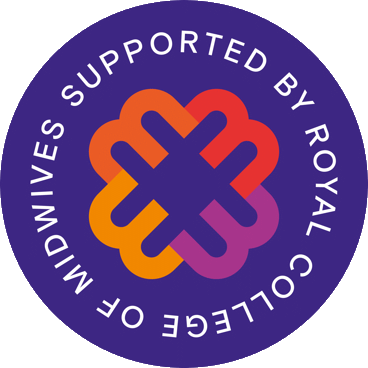Fertility – top tips
There are many factors that can affect your fertility, but you can make some lifestyle changes that may improve your chances of conceiving.

Get tested
Even if you’ve been with your partner for some time, it’s worth getting tested for chlamydia, the UK’s most common sexually transmitted disease. It’s possible to have it for years without symptoms and, left untreated, it can cause inflammation and scarring in the Fallopian tubes, preventing eggs from passing through the tubes or being fertilised. You can book a free test directly with your sexual health clinic.
Quit smoking
Smoking can reduce your chances of getting pregnant by around almost half every month. Several substances found in cigarettes have a harmful effect on the lining of the uterus and on egg quality. Smoking also depletes the body’s reserves of certain important vitamins and minerals. The good news is that your chances of conceiving improve quickly after giving up. See your GP if you need support. The NHS website also has information on stopping smoking during pregnancy, including information on the safety of alternatives such as nicotine replacement therapy and e-cigarettes.
Cut back on booze
Drinking doesn’t stop you getting pregnant, as thousands of women can testify! And there’s no clear evidence that the occasional glass of wine affects fertility. However, too much alcohol can affect the quality of the eggs you produce and deplete the body of essential vitamins and minerals such as zinc, which support fertility.
If you’re currently trying for a baby (and there’s a chance you’re pregnant) or you’re pregnant, it’s recommended not to drink alcohol to keep risks to your baby to a minimum.
Reduce stress
Excessive amounts of stress hormones interfere with the release of the female sex hormones. Plus stress tends to reduce the libido. It’s hard to avoid stressful situations, but you can change the way you react to them. Some people find mindfulness techniques and complementary therapies such as acupuncture and hypnotherapy are a good way to manage anxiety and stress. Regular activity can also help, with your body naturally releasing calming endorphins.
Know your cycle
If it’s been a while since you did biology, you may need a quick refresher to make sure you’re having sex at the right time! If your cycle is regular, you’ll ovulate 14 days before your period is due to start. Aim to have sex two days before you ovulate and every other day for the rest of the week. If your cycle is irregular, you might consider investing in an ovulation kit (available from pharmacies).
Reaching a healthy weight can also support fertility – find out more.







